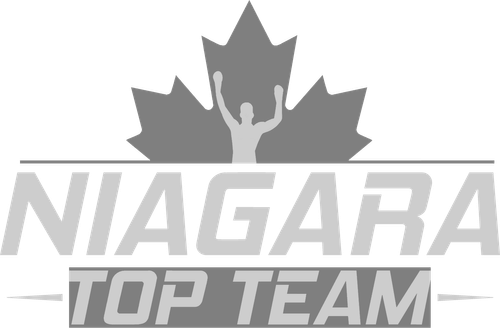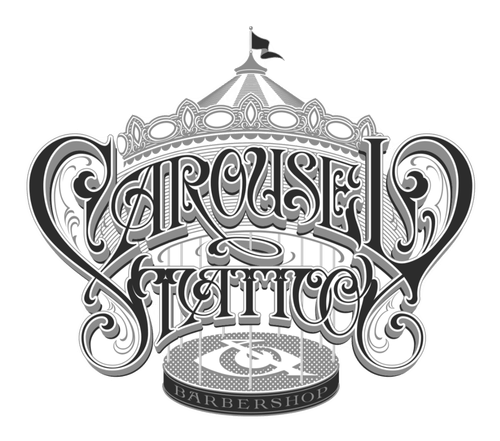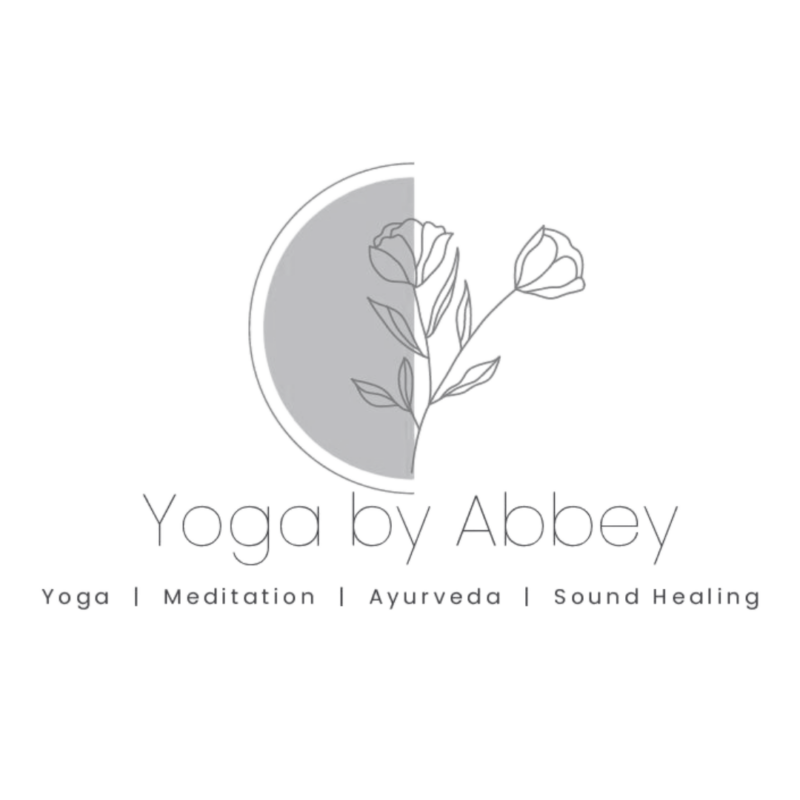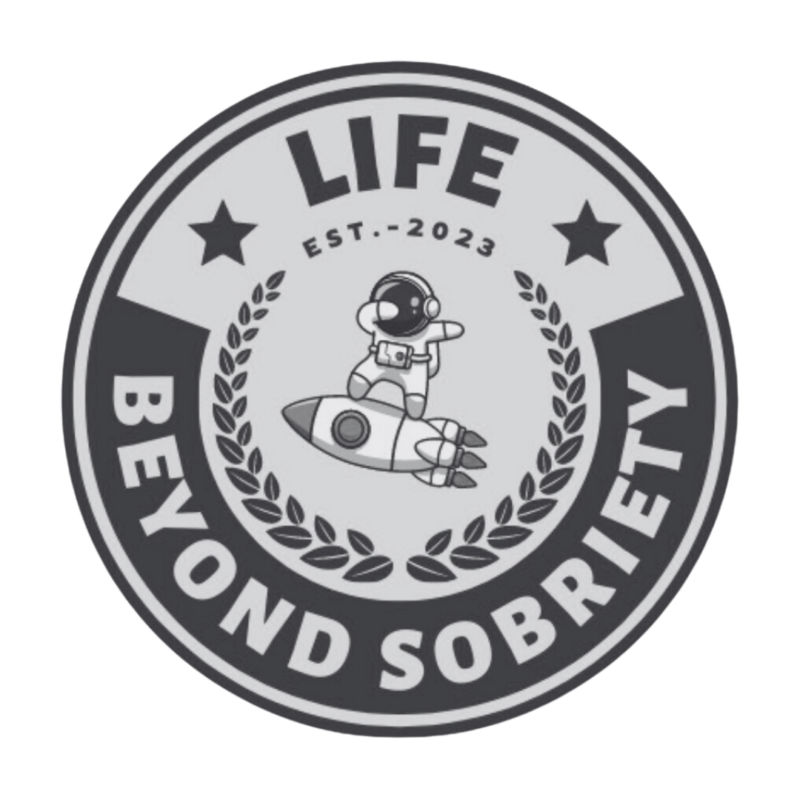Exploring Addiction Treatment Options in Ontario
Ontario is home to a wide variety of rehab treatment centers that cater to diverse needs and preferences. These centers provide a range of services, such as inpatient and outpatient care, detoxification, and long-term recovery programs. Selecting the appropriate rehab treatment centers in Ontario is crucial for anyone embarking on the recovery journey. Each facility offers unique programs aimed at achieving sustainable sobriety.
The Importance of Holistic Approaches
Holistic approaches to addiction treatment focus on healing the mind, body, and spirit. Centers like Twelve Mile Recovery embody this philosophy by offering therapies that address not just the physical symptoms of addiction but also the emotional and spiritual scars. Rehab treatment centers in Ontario benefit from incorporating methods such as yoga, mindfulness, and cognitive-behavioral therapy to foster comprehensive healing.
Personal Stories and Experiences
Many rehab treatment centers in Ontario are founded by individuals with personal experiences of overcoming addiction. Their insights provide invaluable guidance to those seeking recovery. The founders of Twelve Mile Recovery, for instance, use their lived experiences to support and motivate clients, fostering a genuine understanding of the challenges faced by those battling addiction. This personal touch can create a more relatable and supportive environment.
Testimonials from past clients often highlight the life-changing impact of such personalized care. These stories serve as powerful reminders of the effectiveness of holistic and individualized treatment strategies.
Unique Therapeutic Methods Used in Rehab Centers
Many rehab treatment centers in Ontario, including Twelve Mile Recovery, incorporate unique therapeutic methods to enhance treatment efficacy. For example, martial arts are integrated to teach self-discipline and emotional regulation. Such activities not only promote physical health but also build mental resilience, crucial for long-term recovery.
In addition to martial arts, some centers offer art and music therapy, which provide creative outlets for expressing emotions and coping with stress. These therapies can be particularly beneficial in helping clients rediscover their strengths and passions.
Comprehensive Inpatient Care
Inpatient care is often the most intensive form of treatment, providing 24/7 support and supervision. Rehab treatment centers in Ontario offer a structured environment where clients can focus solely on their recovery. At Twelve Mile Recovery, this involves evidence-based therapies by professional staff who are committed to each individual’s journey.
Inpatient programs are ideal for those needing a hiatus from daily life pressures and require close monitoring, especially during the early stages of recovery. These centers ensure a safe and substance-free environment conducive to significant progress.
The Role of Outpatient Care
For individuals seeking flexibility, outpatient care offers a viable alternative. It allows clients to attend therapy sessions while maintaining daily responsibilities like work and family. Some rehab treatment centers in Ontario provide virtual treatment options, making it accessible to those living farther away or with mobility challenges.
Outpatient programs can be tailored to fit individual schedules and are often used as a step-down phase following successful inpatient treatment. This approach helps in maintaining accountability and continuous care.
How to Choose the Right Rehab Treatment Center
Choosing the right rehab treatment centers in Ontario involves assessing various factors. These include the type of addiction, severity, personal needs, and the center’s approach to treatment. It’s essential to consider whether a holistic approach, like that of Twelve Mile Recovery, aligns with personal values and healing goals.
A center’s reputation, success rates, and client testimonials also provide insight into its effectiveness. Family involvement and support services are crucial elements that can significantly influence the recovery journey.
Supporting Long-Term Recovery
Sustainable recovery is the ultimate goal of any treatment program. Rehab treatment centers in Ontario often emphasize aftercare services such as counseling, support groups, and alumni programs. These services help individuals maintain sobriety and cope with the challenges of a post-treatment life.
Twelve Mile Recovery, for instance, offers ongoing support to ensure clients continue to flourish beyond the structured environment of the rehab. This continued support is vital for preventing relapse and fostering a fulfilling life in recovery.
Addressing Root Causes of Addiction
An effective addiction treatment program delves deep into the root causes of substance abuse. Centers like Twelve Mile Recovery adopt a trauma-informed approach, enabling clients to confront and heal underlying issues contributing to their addiction. Addressing these core issues is essential for breaking the cycle of dependency.
This approach includes exploring past traumas, mental health conditions, and other contributing factors in a safe and supportive setting. Such comprehensive care allows clients to gain insight into their addiction and empowers them to build healthier coping mechanisms.
The Impact of Peer Support in Recovery
Having a strong support network is crucial for anyone on the path to sobriety. Many rehab treatment centers in Ontario incorporate peer support into their programs to cultivate a sense of community and belonging. Sharing experiences and challenges with others who have similar struggles can significantly enhance the recovery process.
At Twelve Mile Recovery, peer support is integrated into group therapy sessions, helping individuals build a network of encouragement and accountability. This camaraderie is a powerful motivator in achieving and maintaining sobriety.
Encouraging Resilience and Self-Discipline
Building resilience and self-discipline are essential components of successful recovery. Rehab treatment centers in Ontario, including Twelve Mile Recovery, emphasize activities that develop these qualities, like martial arts and mindfulness practices. These disciplines teach clients how to regulate emotions and manage life’s challenges constructively.
Such practices empower individuals to face adversity with strength and perseverance, skills that are invaluable in the pursuit of long-term sobriety.
Contact Information
For those seeking assistance, contacting rehab treatment centers Ontario like Twelve Mile Recovery is a step towards renewal and rebuilding. Their team is dedicated to guiding individuals on their recovery journeys with personalized plans and unwavering support.
How much does rehab cost in Ontario?
The cost of rehab in Ontario can vary widely depending on the type and length of treatment, as well as the specific services provided by each center. Generally, private rehab facilities can range from a few thousand dollars to tens of thousands for a 30-day program. It’s important to consider this an investment in your future and overall well-being. Centers like Twelve Mile Recovery emphasize not only healing from addiction but also helping you build a fulfilling, sober life through comprehensive support and advanced therapeutic techniques. When evaluating cost, it’s helpful to weigh the long-term benefits of such holistic approaches against the financial commitment.
What is the wait time for rehab in Ontario?
Wait times for rehab in Ontario can differ based on the facility and demand. Publicly funded programs often have longer waiting periods due to high demand and limited resources, sometimes spanning weeks to even months. However, private centers like Twelve Mile Recovery aim to minimize wait times, understanding the urgency needed when seeking help. Quick access to treatment is crucial, especially in the early stages of seeking help when motivation is often highest. Reaching out for more information can provide clarity on current availability and help you secure a spot more efficiently.
Is rehab covered by OHIP in Ontario?
Ontario Health Insurance Plan (OHIP) coverage can include certain aspects of addiction treatment, particularly if they are offered through hospitals or publicly funded programs. However, not all rehab services are covered, especially those provided at private centers like Twelve Mile Recovery. While private treatment might not be covered by OHIP, exploring personal health insurance policies or payment plans offered by centers can help manage costs. It’s advisable to contact the facilities directly to inquire about payment options and financial assistance that may be available.
How long can you stay in inpatient rehab?
The length of stay in inpatient rehab varies significantly depending on individual needs and the treatment plan. Programs typically range from 28 to 90 days, with some extending up to a year for comprehensive care. Twelve Mile Recovery, for example, tailors the length of stay to suit personal recovery goals, ensuring clients receive adequate support and time to heal thoroughly. A longer stay often provides a more structured environment for individuals to work through deeper issues and solidify their recovery foundation. Ultimately, the duration should align with your personal recovery journey and the severity of your addiction.
What are the unique therapeutic methods used in rehab centers in Ontario?
Rehab centers in Ontario, including Twelve Mile Recovery, employ various innovative therapeutic methods to enhance recovery. Unique approaches such as martial arts are utilized to foster self-discipline and emotional regulation, essential for long-term sobriety. Additionally, therapies like art and music provide creative outlets for expression and stress relief. These methods aim to heal not just the body but the mind and spirit, offering a holistic path to recovery. By engaging in diverse therapeutic experiences, clients often discover new strengths and passions, empowering them on their journey to sobriety.
How important is peer support in the recovery process?
Peer support is a vital component of the recovery process, providing individuals with a sense of community and belonging. At Twelve Mile Recovery, the integration of peer support in group therapy allows individuals to share experiences, challenges, and victories. This camaraderie fosters mutual understanding and encouragement, building a network of accountability and motivation. Engaging with peers who have faced similar struggles can significantly enhance recovery, offering insights and support that only those with shared experiences can provide. Encouraging clients to maintain these connections post-treatment can help sustain long-term sobriety.
How can a holistic approach enhance addiction recovery?
A holistic approach to addiction recovery encompasses healing the mind, body, and spirit, addressing all facets of an individual’s well-being. At Twelve Mile Recovery, this means employing therapies such as cognitive-behavioral therapy, mindfulness, and yoga to treat the whole person. By focusing on comprehensive healing, clients are more likely to achieve sustainable recovery. This approach allows individuals to confront the root causes of their addiction, fostering self-awareness and personal growth. Emphasizing a balance across various aspects of life encourages lasting change, preparing clients to face life’s challenges with resilience and strength.
Resources
- Centre for Addiction and Mental Health (CAMH) – CAMH is Canada’s largest mental health and addiction teaching hospital, providing clinical care, research, education, policy development, and health promotion to help people transform their lives.
- National Institute on Drug Abuse (NIDA) – NIDA is a federal government research institute that aims to lead the nation in bringing the power of science to bear on drug abuse and addiction.
- Substance Abuse and Mental Health Services Administration (SAMHSA) – SAMHSA is the agency within the U.S. Department of Health and Human Services that leads public health efforts to advance the behavioral health of the nation.
- Canadian Centre on Substance Use and Addiction (CCSA) – CCSA provides national leadership and a credible source of information and advice about substance use and addiction that will help inform policy development.
- World Health Organization (WHO) – WHO is a specialized agency of the United Nations responsible for international public health, providing leadership on global health matters, shaping the health research agenda, and setting norms and standards.












